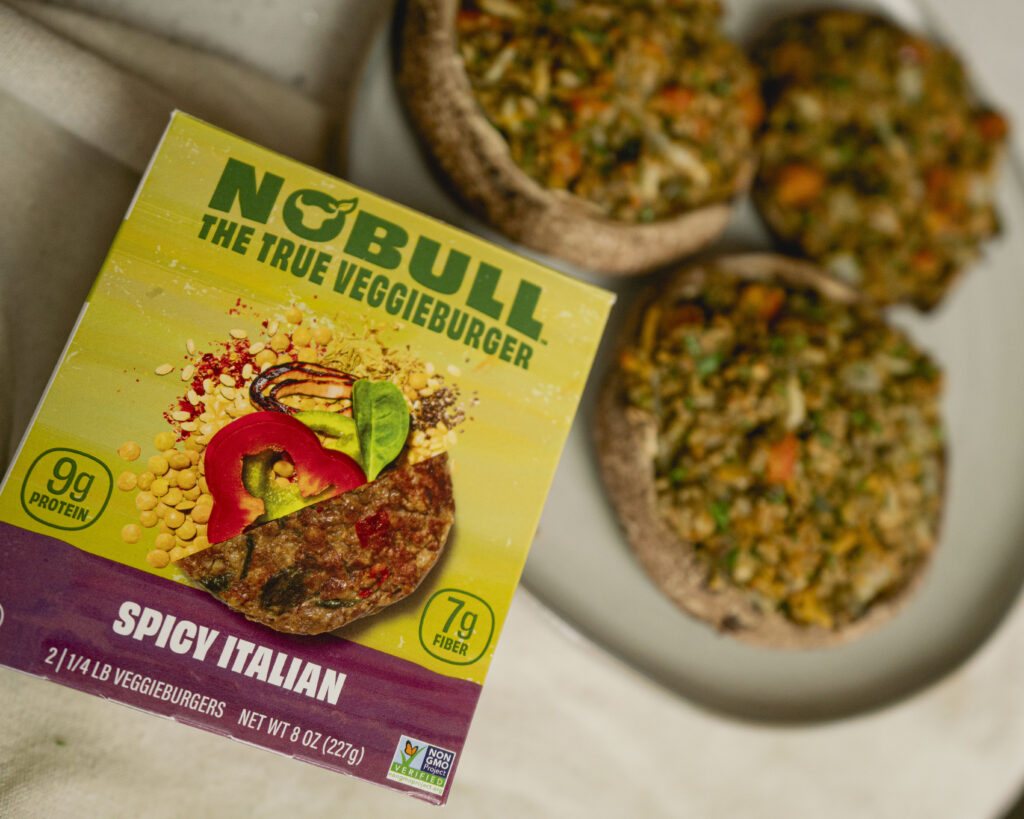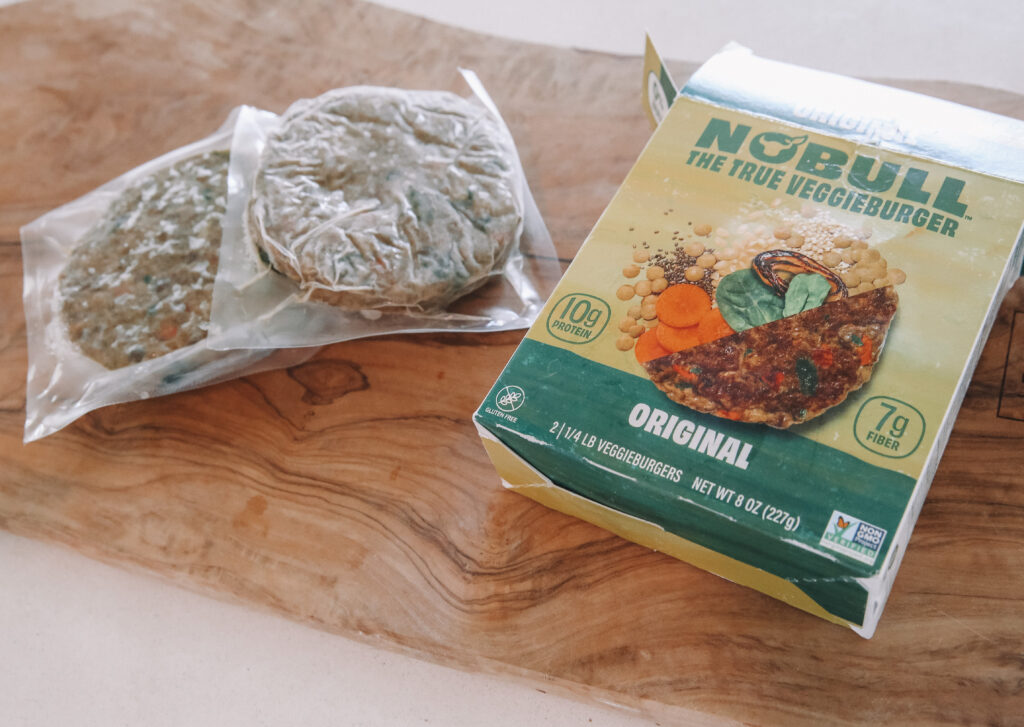Gut health can affect your whole body, from causing diseases and autoimmune conditions to affecting your mental health. We’re going to discuss how gut health can affect you and then talk about ways to balance gut health – because here at NoBull Burger, we know that we all want to feel our best!
What Do We Mean By Gut Health?
When we talk about gut health, we’re referring to the balance in the digestive system of good and bad bacteria. There are trillions of bacteria and other microscopic living organisms in the gut. Most are found in the large intestine in an area called the cecum, which most medical professionals call the “gut microbiome.”
When gut bacteria is out of balance, you have dysbiosis. Your digestive system has its own ecosystem, and you can help restore and maintain its balance to improve your health and lower your risk for disease. The vast majority of the immune system and serotonin production is in the gut. How cool is that?
Gut Microbiome And Dysbiosis
Your gut microbiome needs to function properly for good health. This means it should be ridding itself of toxins regularly.
You could have gut dysbiosis if you experience the following:
- Constipation, diarrhea, bloating, or other bowel issues
- Autoimmune conditions
- Brain fog and fatigue
- Poor memory
- Chronic pain and joint pain
- Trouble sleeping
- Unexplainable mood swings
- Blood sugar issues
- Constant cravings for sweets or bread
Make sure to also check with your doctor since these symptoms can also be related to other issues.
When you have gut dysbiosis, the lining of your digestive tract can become porous. Toxins from food can then enter your bloodstream, which causes inflammation and leads to disease.
Here Are Some Things Gut Health Affects Throughout Your Body
Colon Health
Unhealthy gut flora contributes to Crohn’s disease, IBS, ulcerative colitis, and colon cancer. Researchers continue to study ways to help these conditions, but eating a diet rich in fiber and taking probiotics can help.
Heart Health
Bacteria from red meat and eggs make choline, which the liver turns into TMAO (trimethylamine-N-oxide). Excess TMAO may be a cause of cholesterol build-up in blood vessels. However, consuming olive oil may help. There’s a substance in olive oil (and grapeseed oil) that can keep bacteria from making TMAO.
Kidney Health
Too much TMAO can cause kidney disease, and people with kidney disease have a problem getting rid of TMAO. This, in turn, can lead to heart disease.
Brain Health And Mental Health
Your gut is your “second brain” – scientists call this the enteric nervous system (ENS). The ENS has over 100 million nerve cells that line the gastrointestinal tract. That “gut feeling” or “butterflies” in your stomach are from the ENS. Your gut health affects your central nervous system, affecting your brain and mental health.
Since bacteria in red meat and eggs can lead to an unfavorable gut microbiome, replacing them with vegetarian dishes in your diet can positively affect your mental health. Changing your diet for mental health is the primary goal of NoBull Burger. We’re here to help you on your journey and have plenty of meatless recipes to help benefit your mental health.
Immune System Health
A 2018 study found that babies’ gut bacteria is affected by whether they’re breastfed or not and how this affects immunity. Breastfed babies usually have healthy gut flora and are less likely to have certain health issues.
Obesity And Diabetes Risk
Studies that analyze gut microbiomes have shown a connection between gut health, obesity, and diabetes risk. This is controllable and not entirely genetic, as a study with twins proved.
So, how can you control and improve your gut health?
How To Change Your Gut Bacteria
While we can’t change our birth circumstances, there are many things we can do to improve gut health in our everyday lives, and it all starts with the food we eat.
In 460 BC, Hippocrates said, “All disease begins in the gut.” He also said, “Just as food causes chronic disease, it can be the most powerful cure.” He was well ahead of his time.
- Eat a well-balanced diet that includes a high amount of fiber. Fiber gives us short-chain fatty acids that improve gut health and may prevent many diseases.
- Exercise regularly. It decreases inflammation, which has been linked to intestinal dysbiosis.
- Take Probiotics and Prebiotics. These help balance and support the gut. You can find these in supplements and foods.
- Synbiotics are when you combine pro and prebiotics because this helps the probiotics stay alive longer. An example is making a meal combining the two, like eating yogurt with a banana.
- Sometimes, people need to take improving gut health a step further. Some options include fecal transplants and deep transcranial magnetic stimulation (dTMS) for some conditions.
You Can Take Control Of Your Gut Health
Hippocrates also said, “If you are not your own doctor, you are a fool.” What this means to us is to make sure you take care of your body but still keep up with your doctor appointments. NoBull Burger is here to help you take control with our veggie burgers made with 100% real ingredients, as close to the earth as possible.






